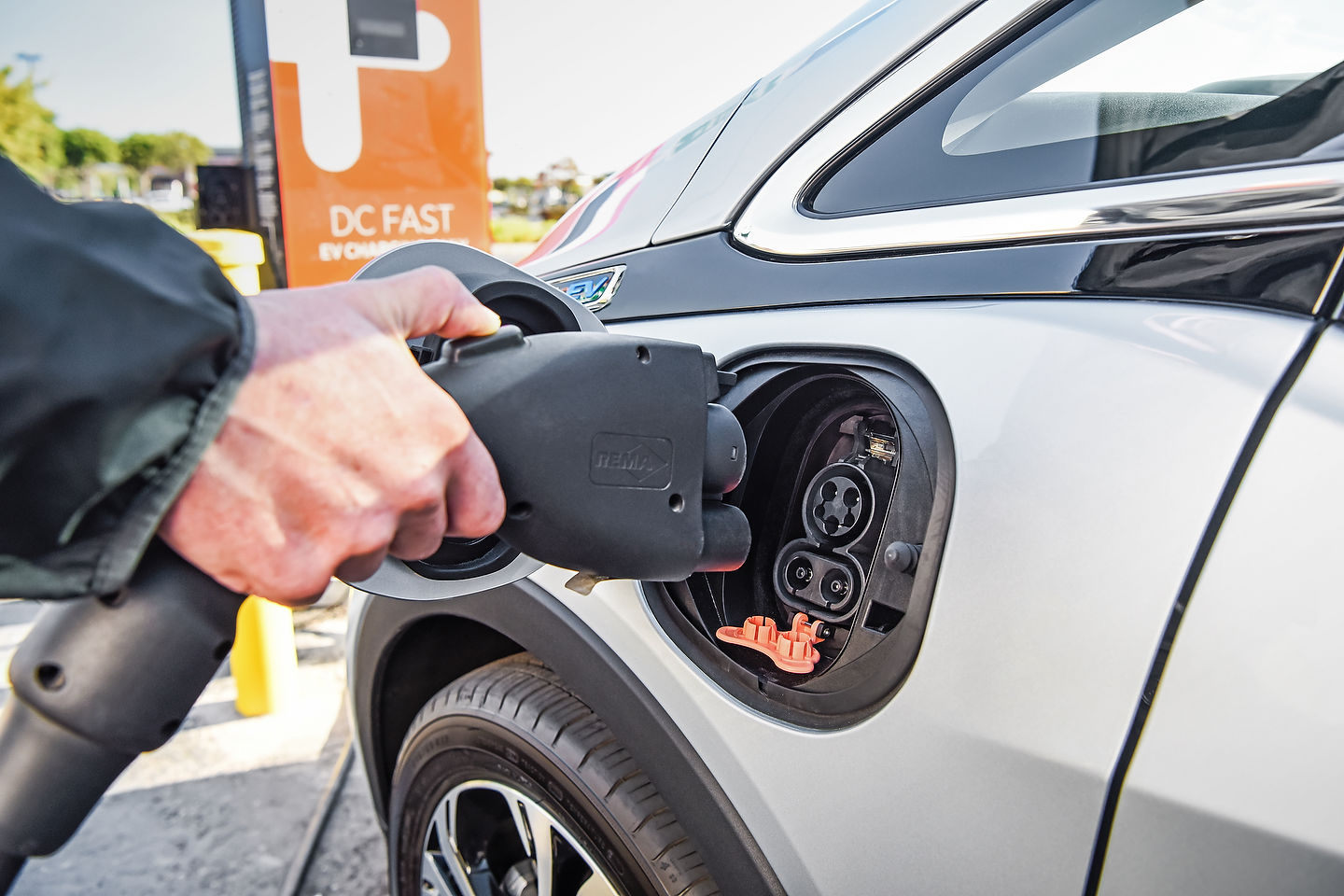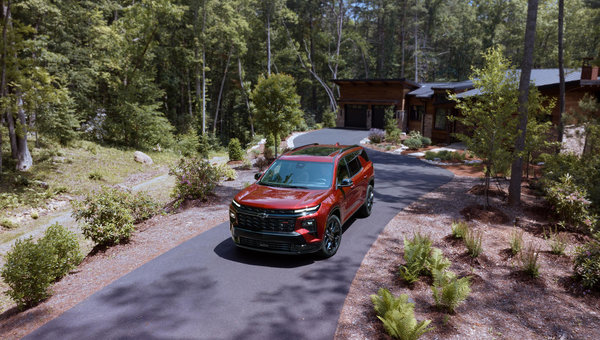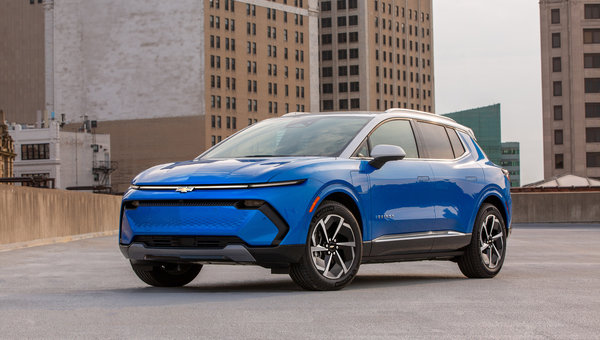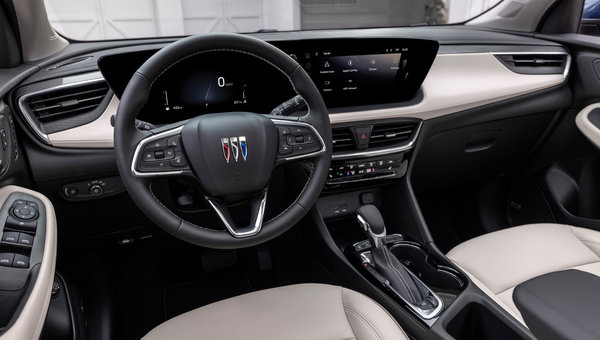The hybrid car compared to the 100% electric car
February 14 2020,

In the coming years, 100% electric vehicles will gain popularity as we try to reduce our ecological footprint on a planetary scale. Before making the jump, however, it would be wise to know the differences between them and hybrid cars, some of which have been on the market for 20 years.
The hybrid car is the most affordable, combining a combustion engine with one or more electric motors to reduce fuel consumption. With a small battery, these cars can only run in 100% electric mode for very short distances at low speed.
Rechargeable hybrids can be plugged into a household outlet or a 240-volt terminal and even a quick-charge terminal, depending on the model. Their larger batteries allow greater 100% electric autonomy, after which the gas engine is activated to continue the journey. Plug-in cars are more expensive to buy than equivalent conventional hybrids, but government subsidies to buy green vehicles reduce this gap.
Finally, 100% electric cars emit no polluting emissions, since they are not equipped with a combustion engine. These models cost more than the hybrids, but their larger battery provides more range. In addition, fully electric cars benefit from the highest government subsidies, making them much more accessible. Ultimately, if you want to completely remove your dependence on gas and never have to stop at a gas station ever again, electric cars are the way to go.






